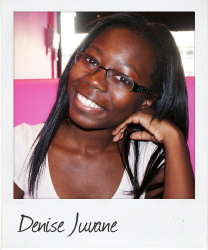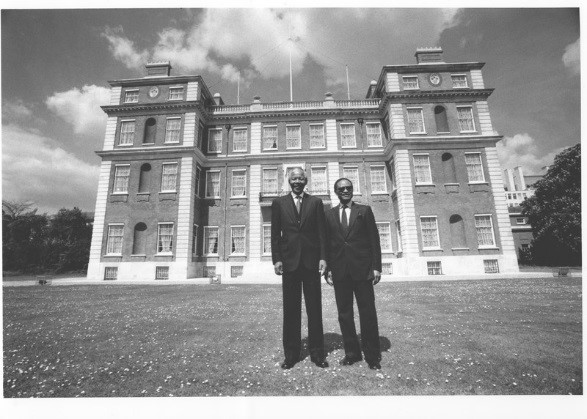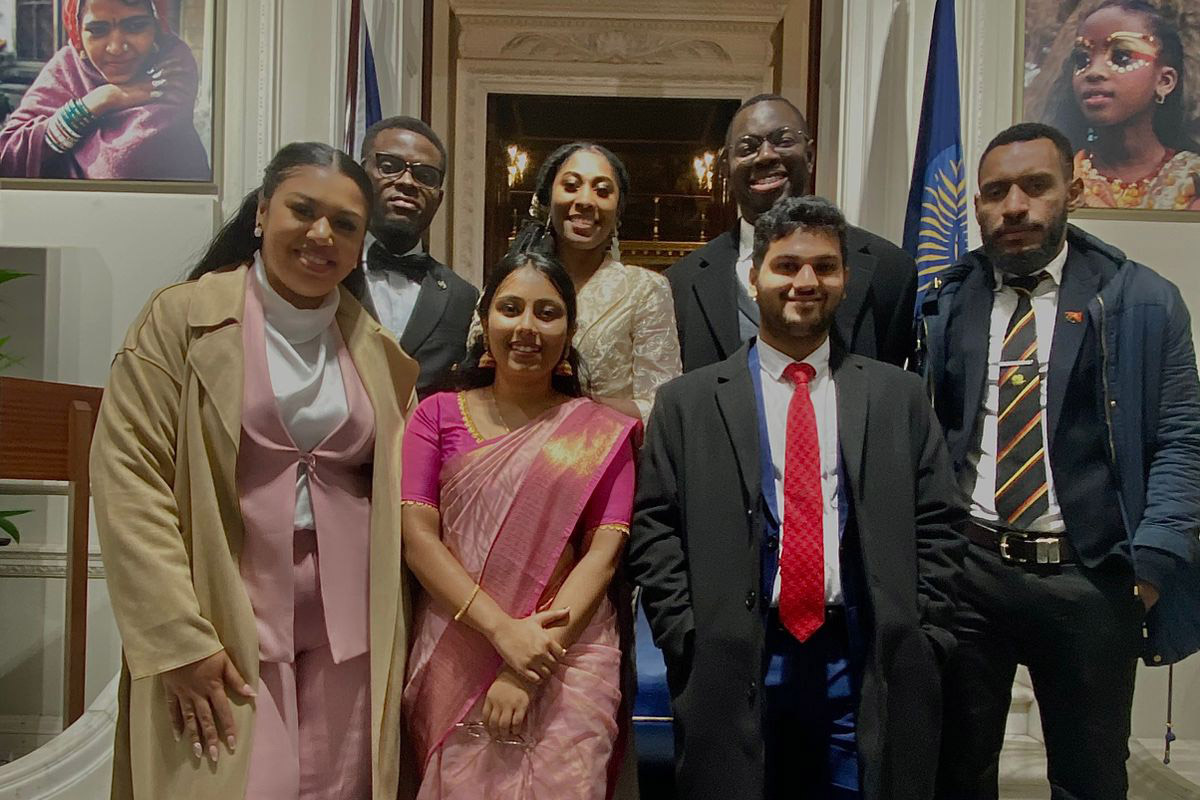“Oral history tells the Commonwealth’s story”
August 23  The growth of regional and international organisations that foster trade agreements could overshadow perception of the Commonwealth of Nations, but Denise Juvane, 23, a Commonwealth Correspondent from Mozambique now living in England, reminds us it effectively helped 53 member states move toward peace, representative democracy and individual liberty.
The growth of regional and international organisations that foster trade agreements could overshadow perception of the Commonwealth of Nations, but Denise Juvane, 23, a Commonwealth Correspondent from Mozambique now living in England, reminds us it effectively helped 53 member states move toward peace, representative democracy and individual liberty.
The United Nations, being so internationally recognised amongst the younger generation in particular, is knowns in terms of its history, aims and achievements; the same cannot be said for the Commonwealth of Nations.
Though there is a wide notion of its existence, the possession of information regarding the Commonwealth is not as broadly attainable and available as desired by some. For this reason, the Commonwealth Oral History Project sought to stitch together various factors that represent the Commonwealth and create a resource, freely available to all, where individuals can access exclusive information, interviews and documents related to the Commonwealth.
The oral history project highlights the history of the Commonwealth with exclusive interviews of key individuals such as Foreign Ministers of Commonwealth countries, the four living Commonwealth Secretary Generals, and Commonwealth Secretariat staff to name a few. The project ultimately seeks to elucidate how the Commonwealth still stands today, despite the continuous creation of other concept-driven institutions, and to counter the lack of understanding about how an intergovernmental organisation – initially comprised of British colonies and seen as a values-based organisation – continues to retain pertinence in today’s world.
The existence of an ‘embargo’ of 30 years on Commonwealth documents essentially means that no document produced after 1986 can be opened. The oral history project has created a field where individuals who took part in remarkable events that occurred both before and after 1986 can share their experiences with the world. Whether it be a foreign minister meeting the Queen for the first time, or a Secretary General speaking about his time in the post, all will be available for all to access freely and to better understand the running of the organisation. For the youth particularly, like myself, the creation of the oral history project allows the Commonwealth to be put on equal footing with other organisations that have stood at the forefront of international agreements, and thus understand that the Commonwealth is comprised of a lot more aspects than the Queen as its head, the Secretariat and its inclusive international missions.
One can expect to read things such as former New Zealand Prime Minister Hon. Jim Bolger’s (1990-97) comment in reference to the Queen, stating “She is quite remarkable, and I say that as New Zealand’s leading Republican. She’s quite a remarkable woman, and it’s not conceivable to me that she is therefore not contributing. She will be contributing, but it will be in her own way. She doesn’t deliver a speech that says the leaders should do this or that on, say, climate change. That’s not her role.”
There is also the statement of Dr Martin Aliker’s (Senior Adviser, Special Duties to the President of Uganda) strong belief that the Commonwealth of Nations has retained its space in today’s society by commenting: “Well, I see the Commonwealth surviving. First, the English language binds us together, and second, the English law binds us together. So, in terms of governance, there are more factors that bind us together than the ones that separate us. What separates us is our own local condition, which applies only to a particular country. But anything that is of international significance, the Commonwealth brings us together.”
These and other candid, insightful interviews can be accessed on the Commonwealth Oral History Project. What better way to really find out about the Commonwealth than from people who have lived it?
Photo credit: Commonwealth Secretariat, ref at043: Nelson Mandela with Commonwealth Secretary-General Chief Emeka Anyaoku, Marlborough House, London, UK, 1993. Chief Anyaoku was interviewed for the Commonwealth Oral History Project, and like many of those interviewed discussed the Commonwealth’s anti-apartheid activities.
…………………………………………………………………………………………………
About me:
My name is Denise, I am 23 and currently undergoing my Masters in International Relations at the University of Queensland in Australia. I am hugely interested in international development, effect of media in international relations, and the tackling of poverty and inequality especially amongst education and women. As well as a Commonwealth Correspondent, I am a blogger and a researcher at the Asia Pacific Centre for the Responsibility to Protect.
………………………………………………………………………………………………………
Opinions expressed in this article are those of the author and do not necessarily represent the views of the Commonwealth Youth Programme. Articles are published in a spirit of dialogue, respect and understanding. If you disagree, why not submit a response?
To learn more about becoming a Commonwealth Correspondent please visit: http://www.yourcommonwealth.org/submit-articles/
…………………………………………………………………………………………………




